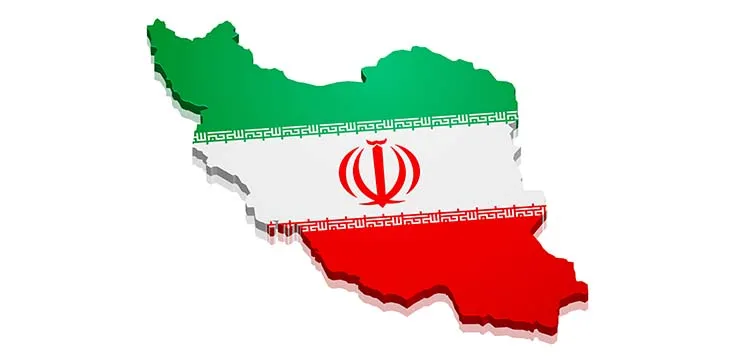|
Getting your Trinity Audio player ready...
|
Iran is targeting digital currencies as it cracks down on illicit financial transactions. The Iranian Ministry of Intelligence has blocked 9219 bank accounts belonging to 545 individuals suspected of carrying out illegal foreign currency and digital currency transactions.
According to Anadolu Agency (AA), a Turkish state-run news agency, the Iranian Ministry of Intelligence coordinated the operation with the Central Bank of Iran (CBI) after getting a court order to proceed.
In its notice, the ministry stated that the total transactions blocked was over $60 trillion Iranian tomans (around $1.98 billion based on the free-market exchange rate). However, the amount attributed to digital currency transactions was not disclosed.
In a similar event last December, Iran froze about 700 bank accounts belonging to “illegal foreign exchange traders.” The current action is also not the first to target the Iranian digital currency industry.
Iran’s strained relationship with the digital currency industry
Iran has been going after illegal block reward miners for a while now. Only last month, the Iranian government proposed new rules aimed at restraining illegal block reward mining. The proposal includes a 3x to 5x increase in fines paid and imprisonment of offenders.
So far, the authorities have shut down over 7,000 illegal block reward mining complexes. By its estimates, illegal block reward mining still consumes over 2GW of electricity per a report by Euronews.
Duly registered block reward miners have also been faced with disruptions of their activity. Amidst blackouts last year, the country cut off the power supply to registered block reward miners for three months ending in March. Immediately in April, another power cut was expected in September.
Despite the restrictive regulations for the industry, Iran is still estimated to contribute around 4.5% of the global hash rate of the Bitcoin network. Elliptic estimates that this could account for revenue of over $1 billion.
Iran also has a ban on digital currency mined outside the country and requires all locally mined digital currencies to be sold to the central bank. Meanwhile, the Iranian central bank is considering the issuance of a CBDC.
The country is hinging a lot of its hope in the CBDC. It intends for the digital rial to make foreign trade easier, solve inconsistencies in its local payments system, and decentralize its resources to reduce corruption.
CoinGeek New York presentation, FYI: Better Information Tools for a More Lawful Blockchain Industry

 06-30-2025
06-30-2025 





